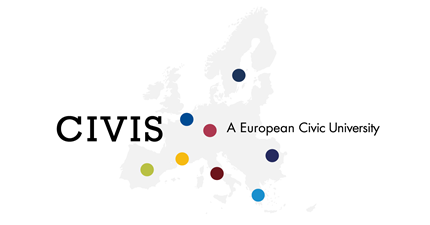|
|
Monday March 28 |
Tuesday March 29 |
Wednesday March 30 |
Thursday March 31 |
Friday April 1 |
Saturday April 2 |
|
Athens time
11-13 |
Invited lecture:
Amalia Moser (Athens)
Language, Time and Change |
Invited lecture:
Vassilios Spyropoulos (Athens)
The prepositional system of Ancient Greek and the decomposition approach to prepositions and prepositional structure |
Invited lecture:
Sune Gregersen (Amsterdam):
Investigating variation in late medieval English |
Antonio Revuelta (Madrid)
The evolution of participles from Ancient to Modern Greek |
Invited lecture:
Kiki Nikiforidou (Athens)
An introduction to the constructional approach to diachrony: An example of reanalysis from Medieval Greek |
Invited lecture:
Daniel Riaño (Madrid)
Corpus linguistics make corpus societies take shape in the digital age: Studying the Greek of Hellenistic Egypt in its actual context through the analysis of the Greek digitized papyri |
|
13:30-15:30 |
Igor Yanovich (Tübingen)
Descriptive statistics
|
Invited lecture:
Sirrý Sigurdardottir (Yale)
Investigating and predicting language change
|
Invited lecture:
Jesús de la Villa (Madrid)
Complementation in Ancient Greek and Latin: the use of digital resources
|
Invited lecture:
Andrea Di Manno (Rome)
Querying a treebank: how to retrieve data
|
Nikolaos Lavidas (Athens)
Historical linguistics and diachronic corpora: An Introduction - Part A
|
Artemij Keidan (Rome)
Comparative linguistics and typology: why Indo-European works better? Part B
|
|
17:30-19:30 |
Igor Yanovich (Tübingen)
Visual statistical exploration
|
Igor Yanovich (Tübingen)
Learning if linguistic distributions are the same, with statistics
|
Artemij Keidan (Rome)
Comparative linguistics and typology: why Indo-European works better? Part A
|
|
Nikolaos Lavidas (Athens)
Historical linguistics and diachronic corpora: An Introduction - Part B
|
Discussion - Forum
|
Choose timezone
Your profile timezone:

